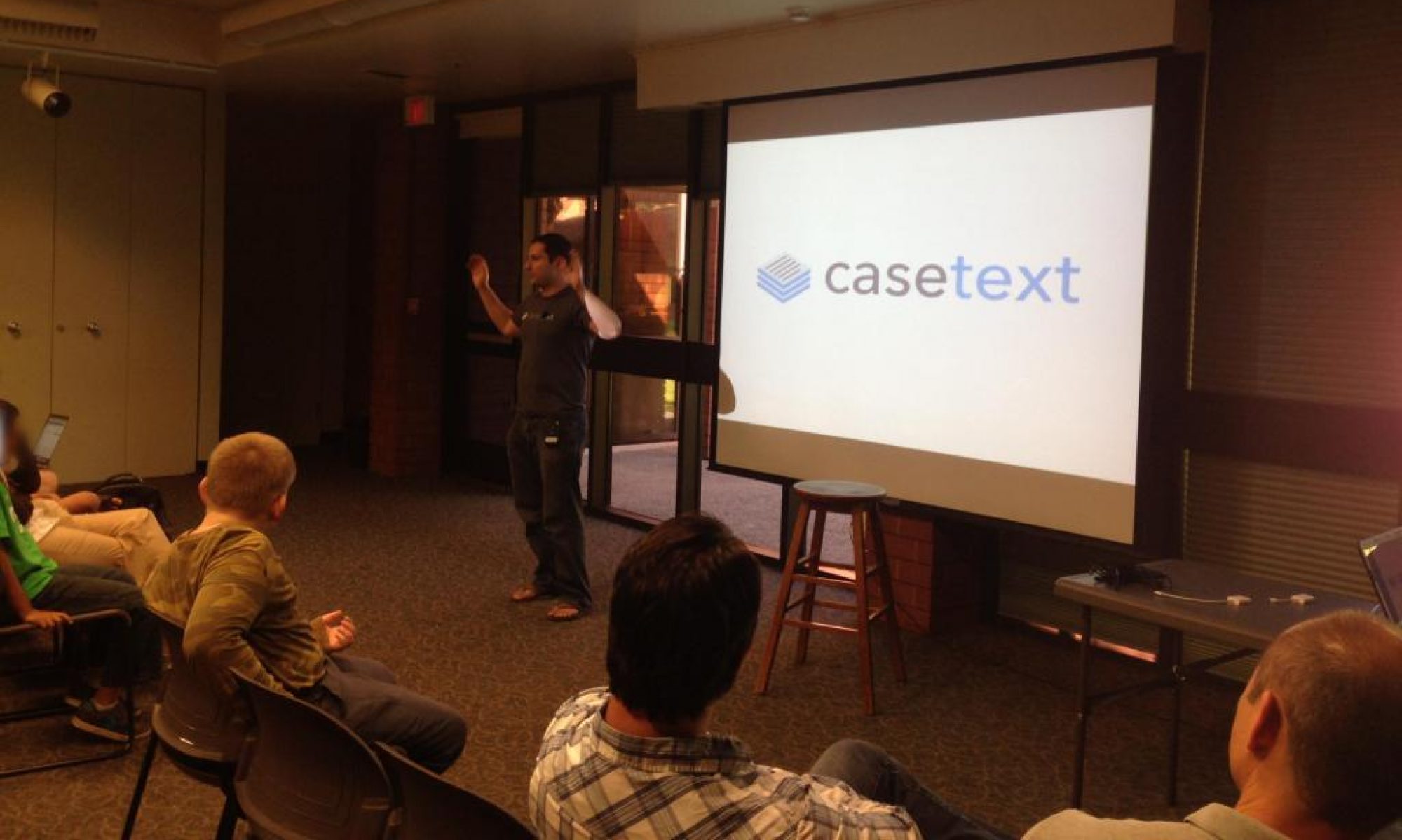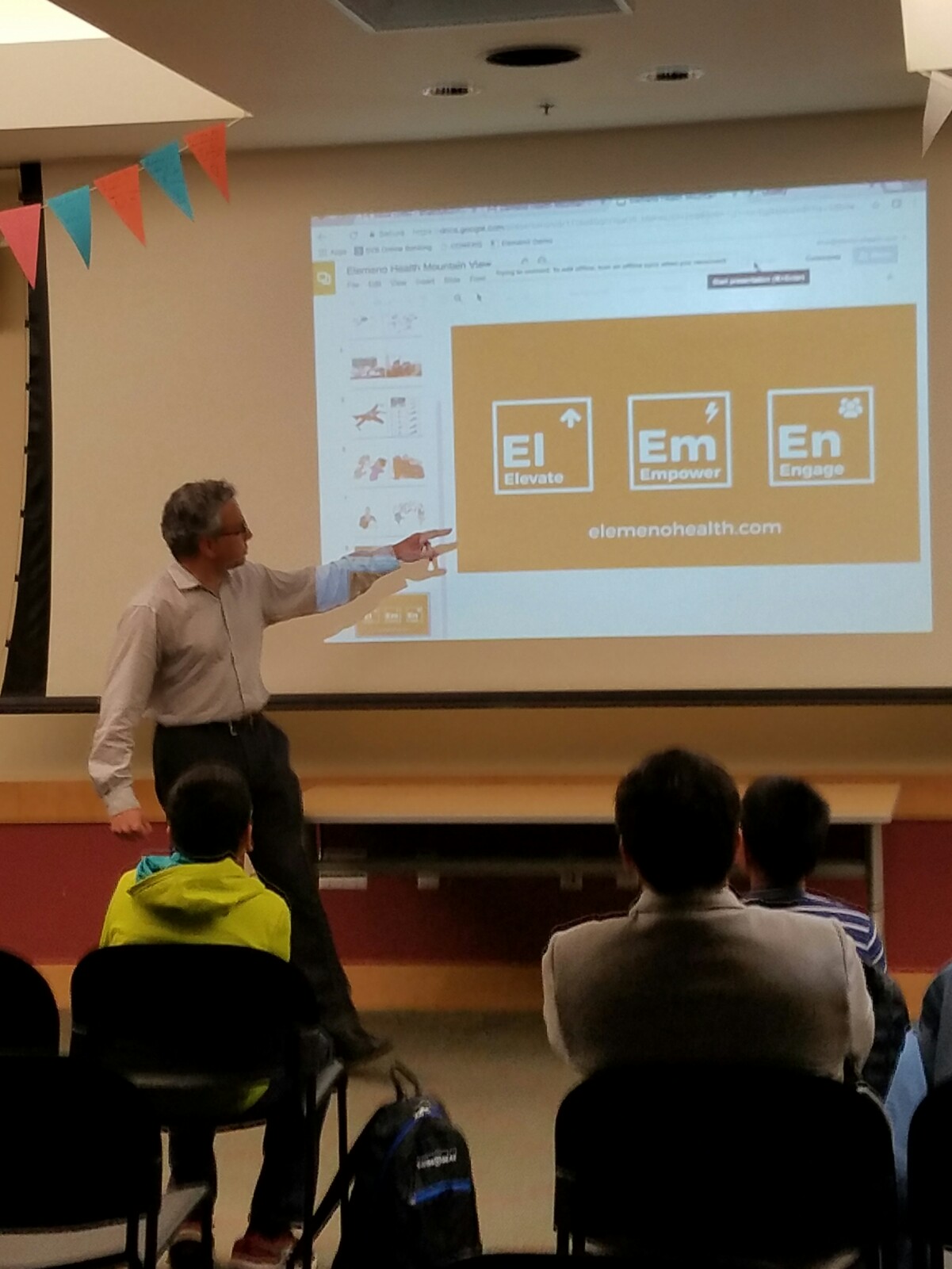Developing an entrepreneurial mindset is just a convoluted way of saying, “Learn to sell.”
I had a classmate who stood out for his insatiable curiosity. He was the kid who would pick up something from the ground, put it in his mouth, taste it and determine if it was an edible seed to keep in his pocket or discard as a stone. He was the kid who picked up a frog on his way to school, and caused a ruckus when the frog escaped his satchel and jumped from desk to desk in our classroom. He was also the one, who, in one Divali season, decided to sell backyard fireworks to people, carrying them around on his bicycle. He was a sales guy. The same kid grew up to become a scientist, got his Ph.D. from Cornell and went on to lead massive projects in some of the largest pharma companies.
He thus became a scientist and a salesman. However, those skills were developed early – a curious mind and customer-service orientation.
The point of this story is that it’s never too early to learn how to sell. Another point of the story is that at every stage in our lives, we are selling something – whether we are making a case for something, convincing someone of our point of view, or writing a research grant to persuade a government agency to award us a grant.
Children are born with sales skills – from the time they cry to get fed. I do not know when they unlearn that skill, but it is one thing that students in AlligatorZone pick up because of the way our programs are designed.
By learning to sell, students hone their listening skills.
By learning to sell, students understand how to craft a winning message.
By learning to sell, students learn the value of authenticity.
By learning to sell, they learn how to play on their strengths.
By learning to sell, students build the kind of confidence that can neither be taught nor bought.
Selling is an entrepreneurial skill. Everyone develops or acquires sales skills at some point in life. The sooner the better. Whether you are trying to sell lemonade from your porch, sneakers online, or that old refrigerator on Facebook marketplace, you are learning an invaluable life skill.
As the entrepreneur-turned-VC Kanwal Rekhi once told me, an entrepreneur must always be selling.
Selling is a skill every student must learn early on in life.
Even a surgeon has to learn selling skills. A surgeon-inventor, even more so. Join us on March 28th, to learn from surgeon-inventor Dr. Anjan R. Shah on his entrepreneurial foray through co-inventing a new way to fix a broken hip bone. Buy your tickets via https://alligatorzone.org/events.





